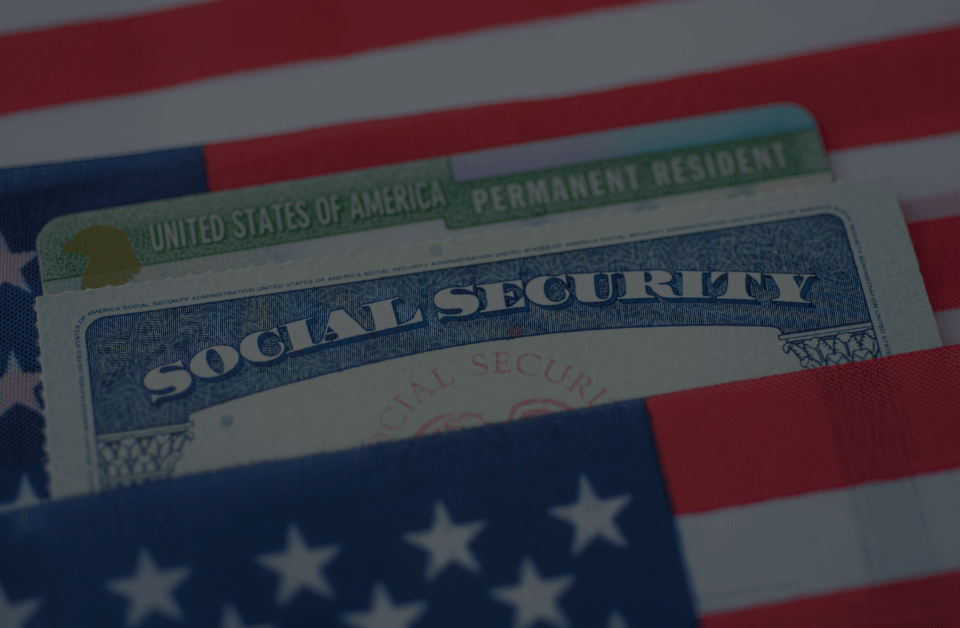
DO THE 3 AND 10 YEAR BARS RUN INSIDE THE US?
June 17, 2021There can be severe immigration consequences for immigrants who enter the United States illegally (or legally but overstay their visas) and accumulate more than 180 days of unlawful presence. Immigrants may trigger a 3/10/Permanent bar which will make immigrating to the U.S. that much harder.
THE THREE YEAR BAR
Two things must happen before a person is subject to the three-year bar: First, the person must enter the U.S. illegally (or legally but overstay his or her visa) and stay in the country illegally for more than 180 days, but less than one year. Only unauthorized presence after April 1, 1997, is counted towards the three-year bar. Second, the person must depart the U.S. Once the three-year bar is triggered, a person with an immigrant visa immediately available will either have to wait in his or her home country for three years or file an unlawful presence waiver which will require the immigrant to prove that his U.S. citizen or legal permanent resident spouse or parent will suffer extreme hardship without the immigrant.
THE TEN YEAR BAR
The ten-year bar is similar to the three-year bar. The only difference is that the bar is applied once a person accumulates one year or more of unlawful presence. Again, the bar is only triggered when the person departs the U.S. Once the ten-year bar is triggered, a person with an immigrant visa immediately available will either have to wait in his or her home country for ten years or file an unlawful presence waiver which will require the immigrant to prove that his U.S. citizen or legal permanent resident spouse or parent will suffer extreme hardship without the immigrant.
THE PERMANENT BAR
Three things must happen before a person is subject to the permanent bar. First, the person must have entered the U.S. illegally (or legally but overstayed his or her visa) and stayed in the country illegally for more than 1 year. Second, the person must depart the U.S. (this includes forced departures like voluntary returns by immigration). Third, the person must reenter (or attempt to reenter) the U.S. illegally. The permanent bar also applies when a person is ordered deported from the U.S. and reenters (or attempts to reenter) the U.S. illegally. Unlike the three-year and ten-year bars, there is no waiver for the permanent bar. Once a person triggers the permanent bar, he or she will be required to remain outside the United States for ten years before being allowed to apply for a special waiver that would allow the person to potentially immigrate to the U.S.
WHAT TO DO IF YOU BELIEVE YOU MAY BE SUBJECT TO A BAR?
Over the years, I have spoken to so many family members of affected individuals who found out about the 3/10/permanent bars at their consular interview overseas who, unfortunately, could not return to the U.S. If you believe you or a loved one may be subject to these bars, it is highly recommended that you speak to an experienced immigration attorney before departing the U.S. There are many exceptions to these bars and you or your family member may still be able to successfully immigrate to the U.S.



